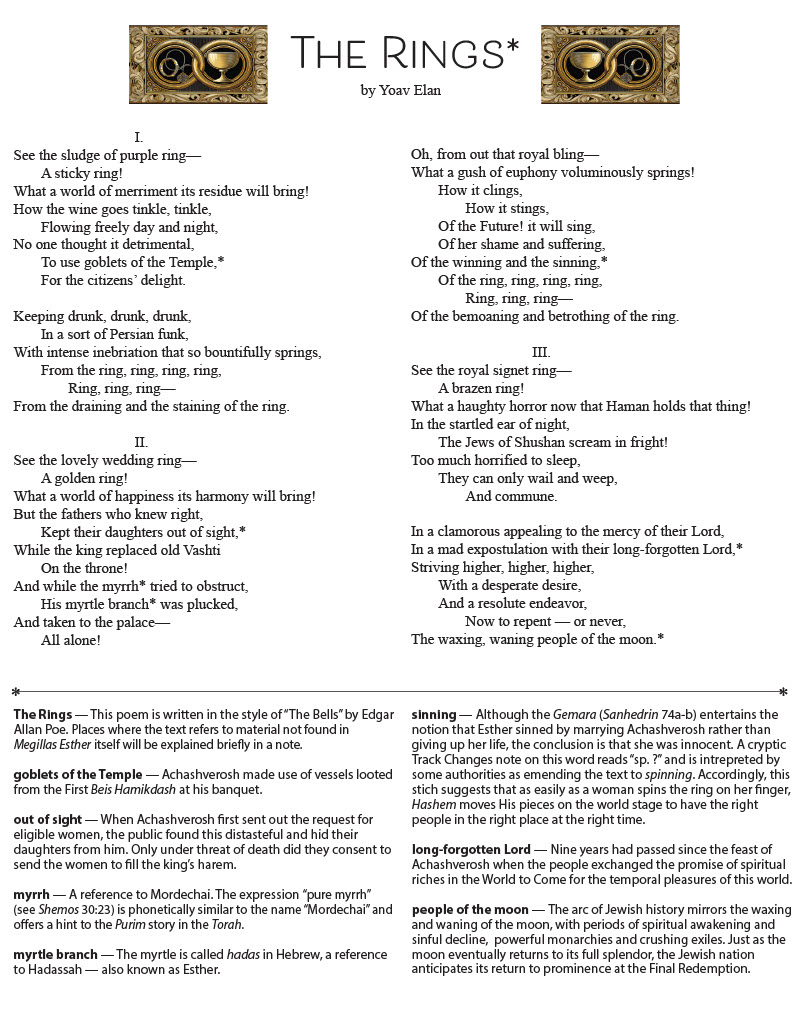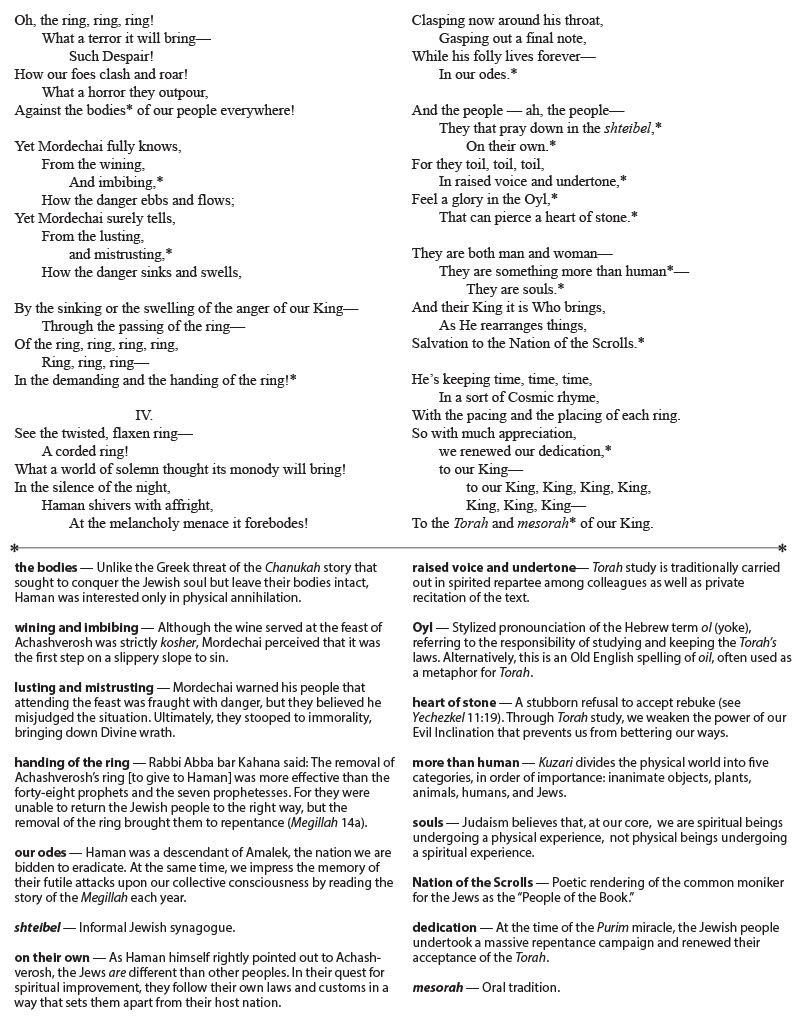Dating Perspectives : Redirection, Not Rejection
Rejection hurts. And particularly in the shidduch world, where emotions mount quickly and expectations run high, a “no” can feel like the rug has been pulled out from under you. It certainly did for “Rachel”:
Last month I was redt a wonderful boy from a great family. He had everything I had been looking for. I’m 26 years old and have been dating for six years. I know what works and what doesn’t; this sounded like it would work, and I was excited. Date after date, everything went well. We had a great flow of small talk and even better deep conversations, and our hashkafos were aligned. After I got home after our seventh date, I felt ready to shift to a new stage. I imagined calling my friends to let them know the happy news, sending out a beautiful vort invite, and picking out a dress for the proposal. Just as I sank into my bed for the night, the shadchan called. The boy had said no. I tearfully hung up, trying to digest the news. He refused to give a reason, insisting that, although I was a very nice girl, he had come to the conclusion that I was not for him.









